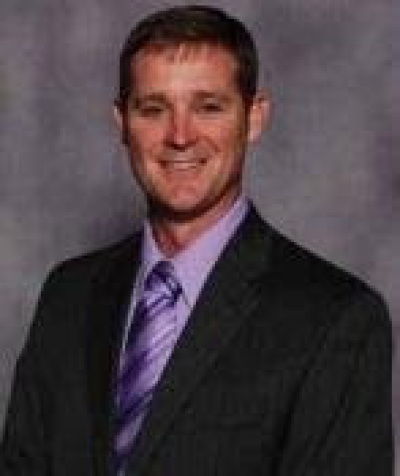BIBLICAL COUNSELING 2.0

Several decades ago, Jay Adams rescued counseling from the secular world and restored it to the Church where it properly belongs. He did an outstanding job of defending the Bible as the sourcebook for conducting true counseling, for the Bible certainly deals with the very same issues which counseling addresses. Those who have followed in his footsteps have carried the torch quite well, making advancements in the field of Biblical Counseling and sharing those advancements through quality books and journal articles. But now it is time to rescue Biblical Counseling from its Reformed Theology roots and to undergird the counseling process with Traditional Dispensational Grace Theology.
The importance of the theological underpinnings of the Biblical Counseling approach cannot be overstated. If the biblical counselor does not believe that salvation is for all, then he will approach the early stages of counseling quite differently from the counselor who holds that salvation is equally offered to all. The “whosoever will” approach of the Traditional Dispensational Grace (TDG) theology will encourage the TDG counselor to make a personal offer of salvation to each counselee who comes for counseling and who is not saved or is unsure of his salvation. For the Reformed approach, this is not possible, for the Reformed theologian and counselor holds that salvation is only effectively offered to a select group known as the elect.
The TDG approach will also approach the issue of sanctification quite differently, and sanctification is the essence of biblical counseling. For the Reformed Theologian, progressive sanctification is guaranteed for the elect, but the TDG counselor, sanctification is an “ought to” not “must” reality. In other words, the Christian counselee should progress in his daily walk with Christ, but this progress is not guaranteed to any degree. Instead, the counselee must strive to become more Christlike by employing the available power of the Holy Spirit. It is this process that the TDG counselor will focus upon in the counseling session. But, at no time is the salvation of the counselee brought into doubt or question as he or she struggles to become more Christlike. Instead, the counselee will be encouraged through application of biblical truth to strive for the goal. Thus, counseling becomes identical to the process of discipling.
Dr. Hayes and his wife Michelle are in the process of completing a new biblical counseling book, Biblical Counseling 2.0. This book will bring Ephesians 1:1-14 to bear on the counseling session. While any passage could be utilized from the Bible, the authors feel that if this Ephesians passage can be illustrated to support the TDG position, then the TDG approach will be offered as a viable solution to the issues facing the troubled counselee. It is the hope of the authors that the book will challenge all biblical counselors to think about their own theological system which supports and affects their own counseling sessions. Also, many biblical counseling courses that emphasize the Bible as the sourcebook of all counseling are now offered through Andersonville Theological Seminary’s graduate and doctoral programs in ministry. For more information on Andersonville Theological Seminary and its biblically based programs please Click HERE.
About Dr. James L. Hayes

James L. Hayes is a graduate of Luther Rice College & Seminary in Lithonia, Georgia, where he earned his Doctor of Ministry degree in 2021. He is Vice President of Andersonville Theological Seminary, where he works closely with professors in developing Bible-centered courses in theology, ministry, and counseling. He has been a minister of the gospel for over twenty-five years, having served in Southwest Georgia in five churches during that span.




